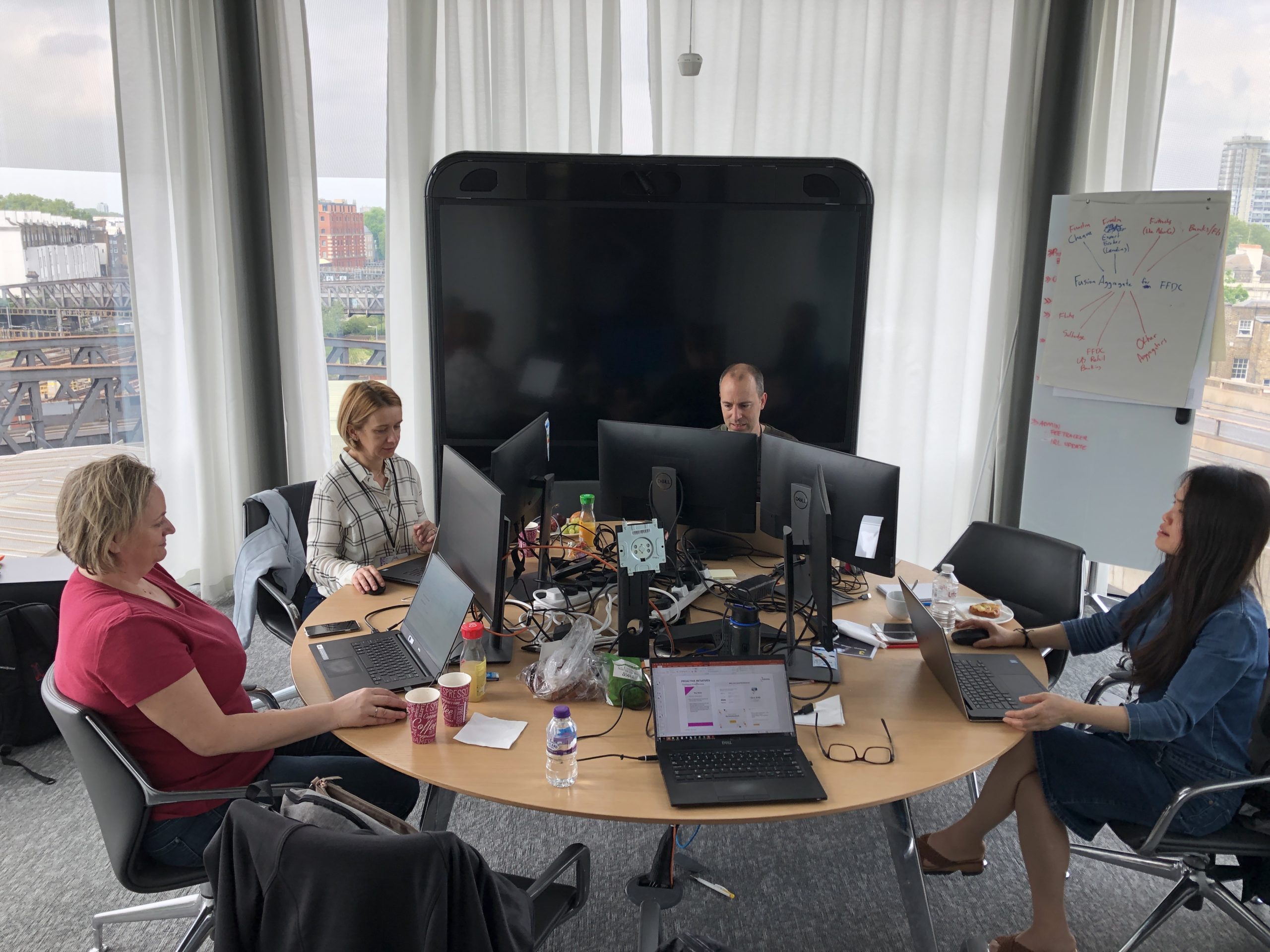Paul Allen, the NBA's Portland Trailblazers, and building a team
When Paul Allen, the co-founder of Microsoft, died in October, I decided to read his 2011 Memoir, Idea Man. I thoroughly enjoyed the book.
Seven years after co-founding Microsoft with childhood friend Bill Gates, Paul was diagnosed with Hodgkin’s lymphoma. He left Microsoft, already a very wealthy individual. A few years after successful treatment and recovery, he bought the Portland Trailblazers NBA basketball franchise.
In 1994, Paul Allen hired Bob Whitsitt as the Trailblazers general manager, to rebuild the team. Whitsitt focused solely on basketball skills in his hiring.




